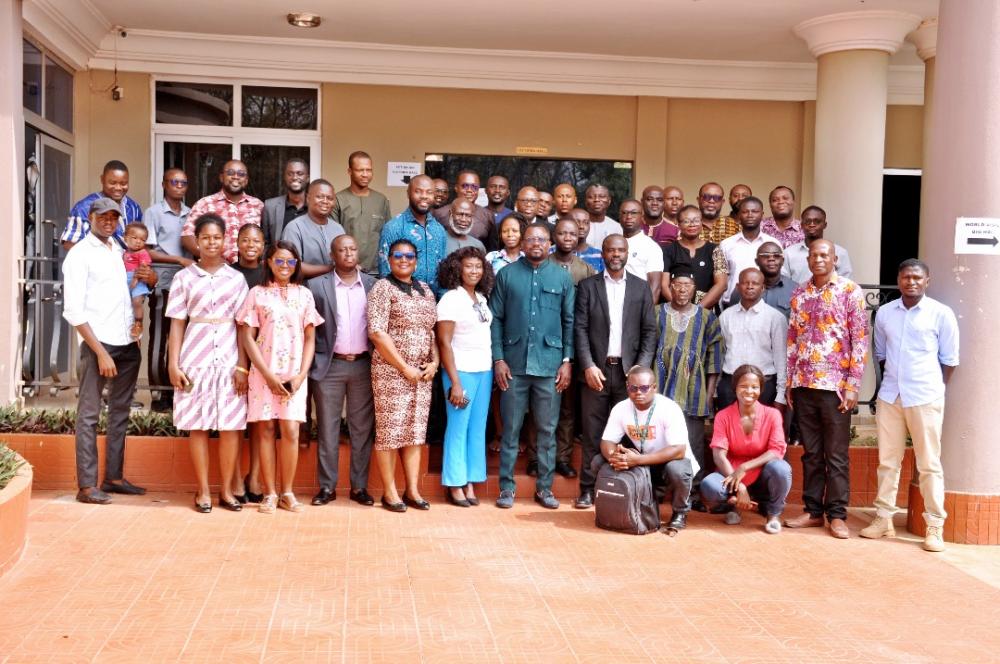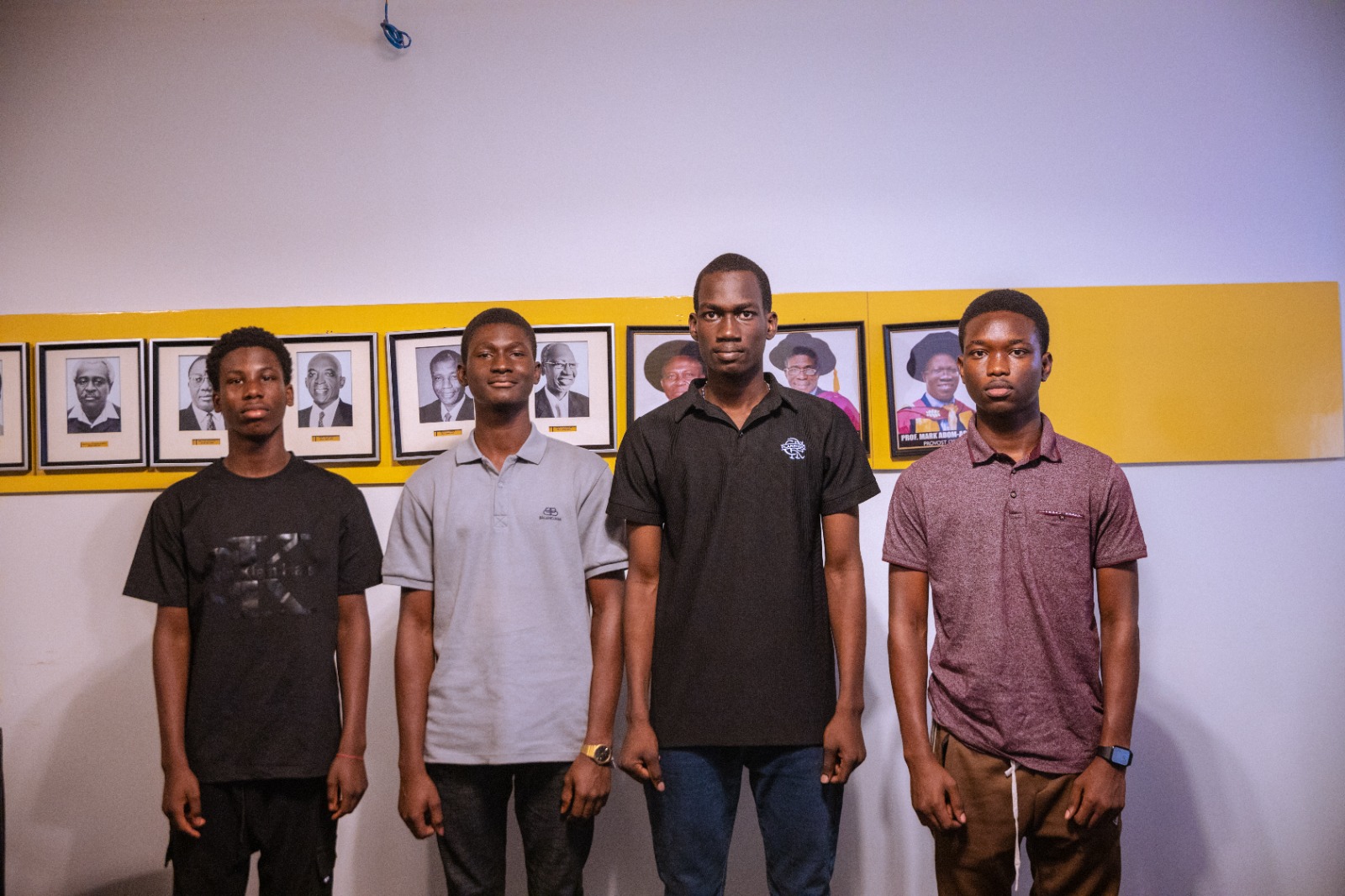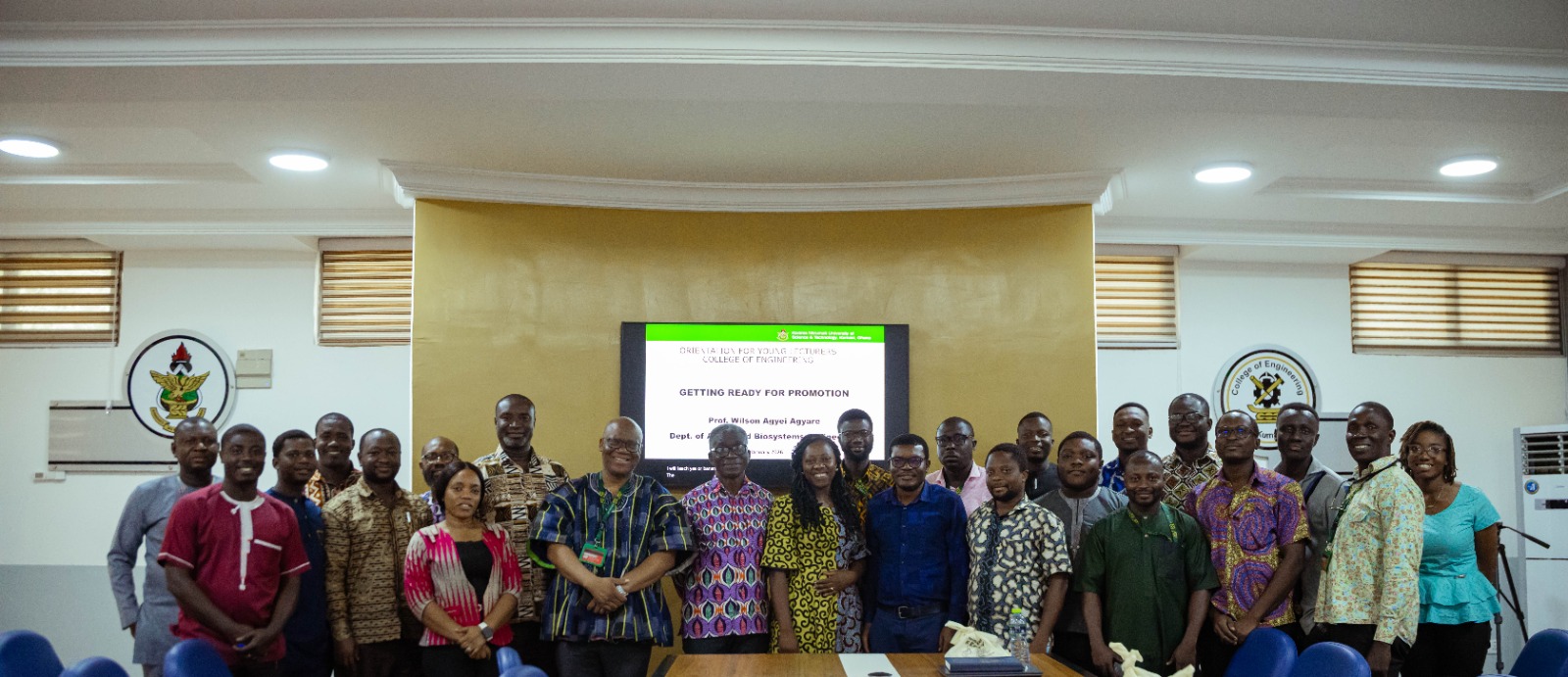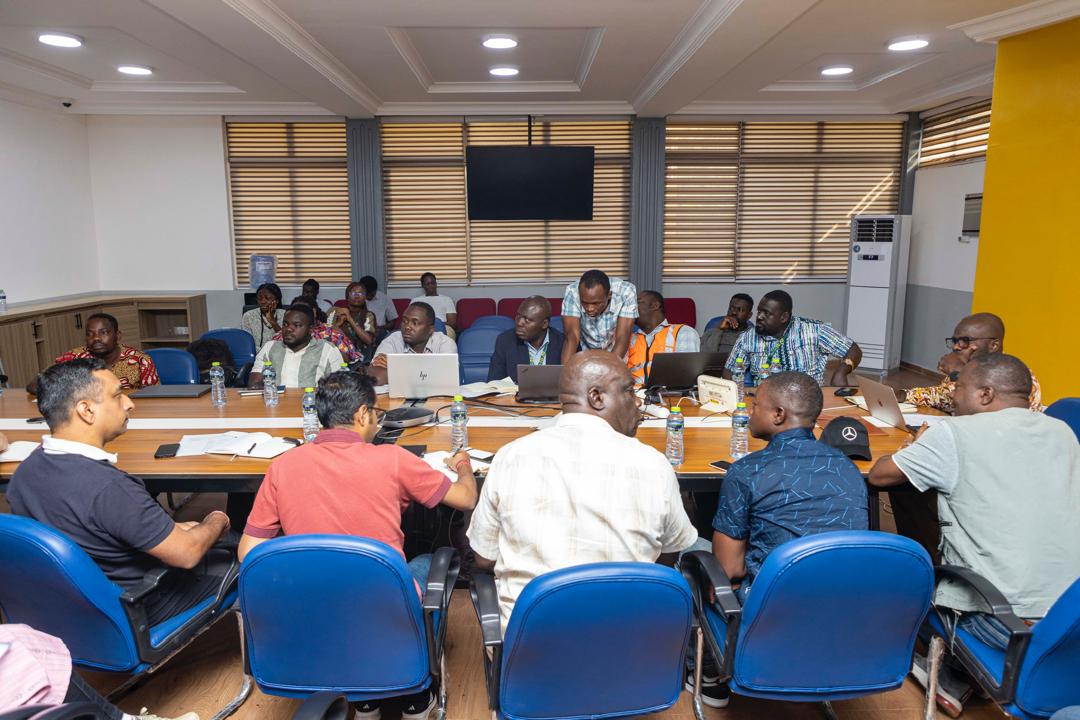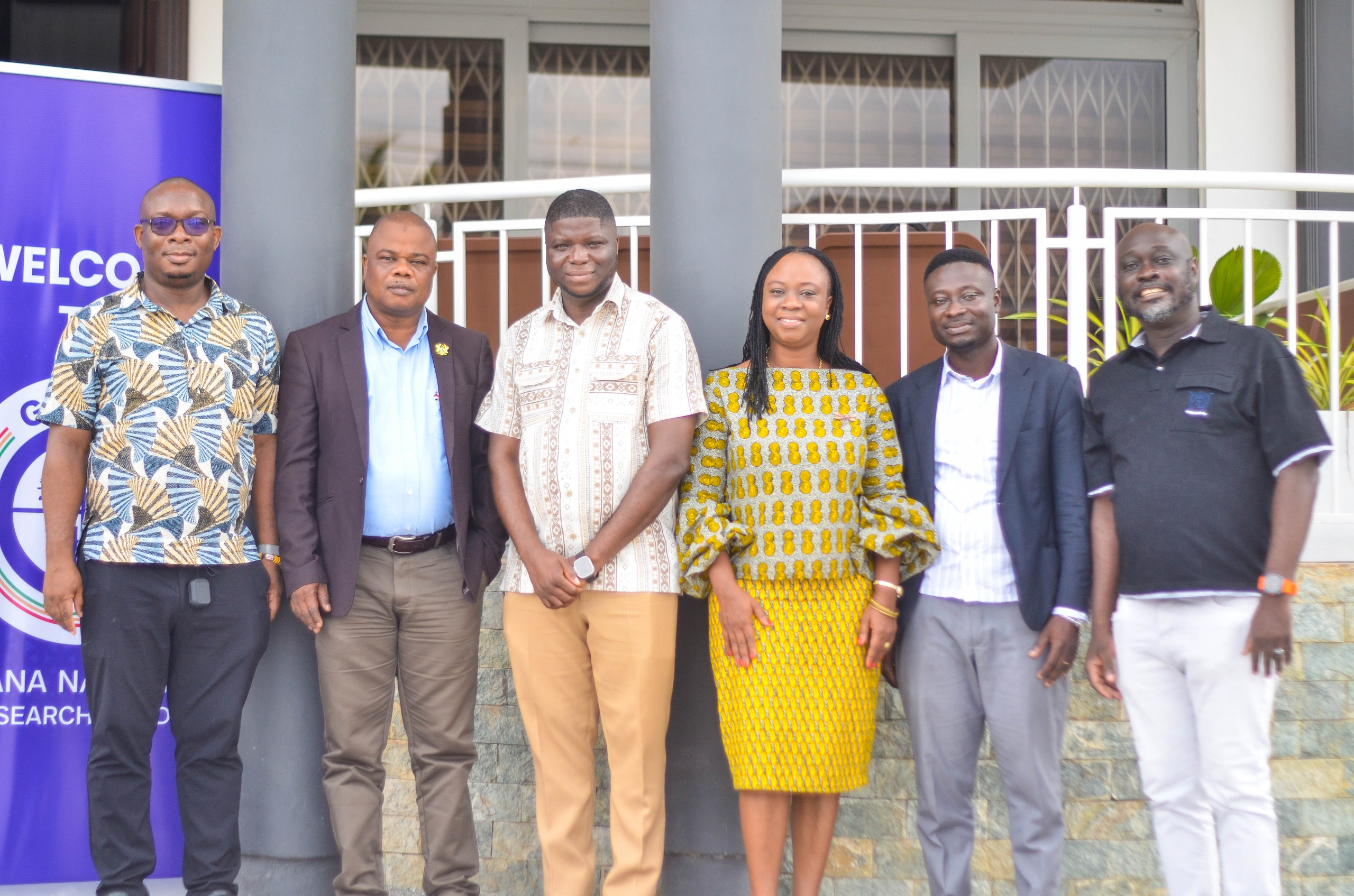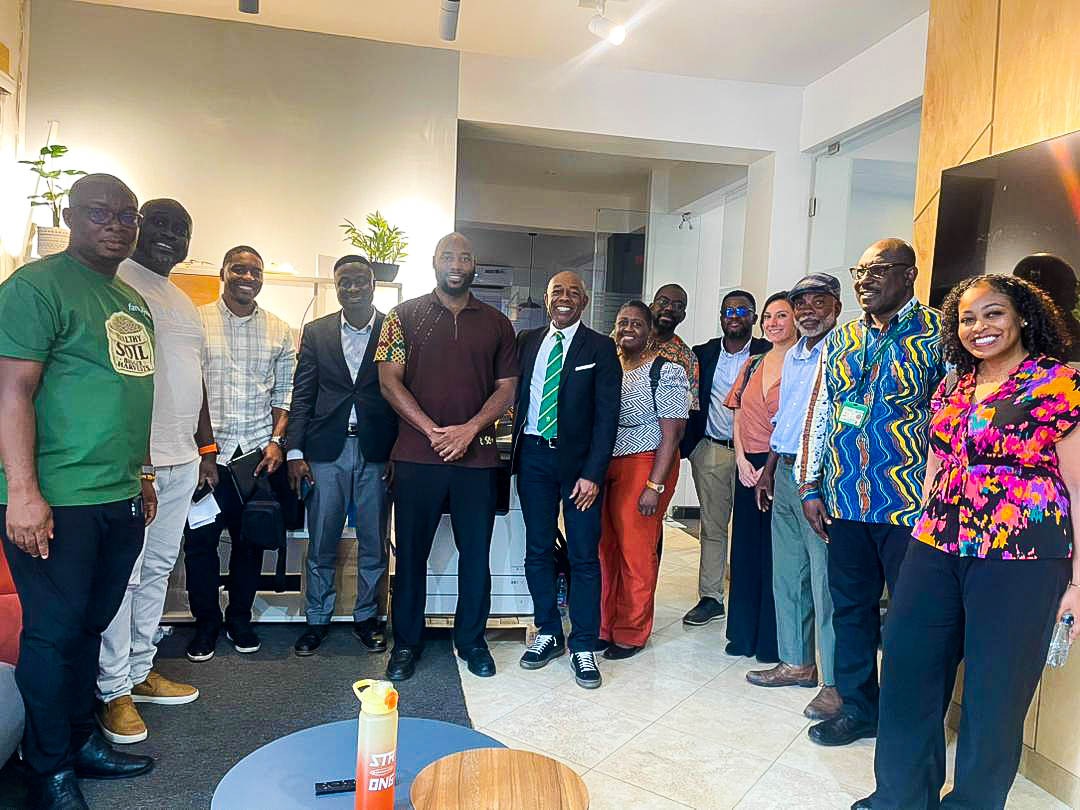The culminating workshop of the Agrivoltaic project was held at Modern City Hotel in Tamale on March 7, 2024. The workshop marked the conclusion of a three-year project. Chaired by Dr. Robert Sogbadji of the Ministry of Energy, the workshop featured key speakers from the project, including Prof. Francis Kemausuor (Project PI, KNUST), Dr. William Amponsah (Project Coordinator, KNUST), Mr. Amadu Mahama (Project Partner, Hikma Agro Services, Tamale), and Dr. Patricia Amankwaa-Yeboah (Project Co-I, CSIR-CRI). Their presentations delved into the project's objectives, experimental findings, and future trajectory. Supplementary presentations by the Energy Commission, CSIR-STEPRI, and Prof. Abdul-Ganiyu Shaibu from UDS expounded on Ghana's renewable energy policy, technology adoption, and agriculture in northern Ghana, enriching the workshop's discourse.
The Agrivoltaic Technology in Drylands of West Africa project aims to strengthen national innovation systems for diffusion and market development at the water-energy-food nexus. Agrivoltaic, which simply means using the same land parcel to generate solar power and cultivate food, is a collaborative project involving KNUST, CSIR, Hikma Agro Services in Tamale, and a professor in the United States sponsored by USAID.
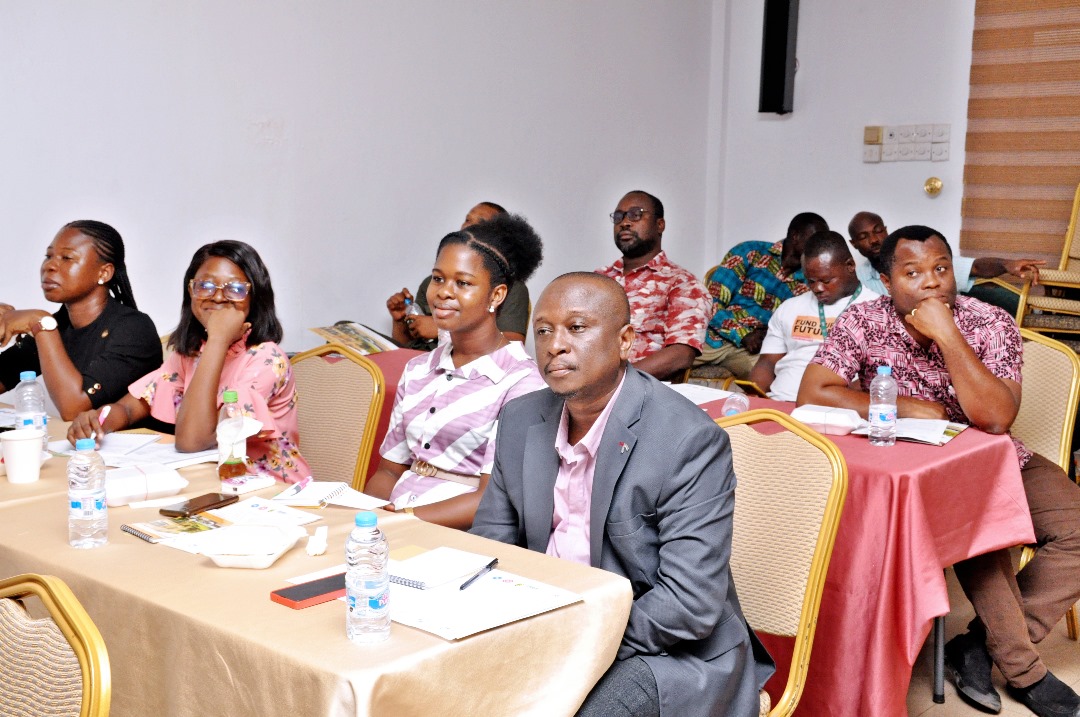
The workshop discussed Ghana's current pressing issues regarding renewable energy generation, climate change, and their interplay with food production. Recommendations were put forth to propel the advancement of Agrivoltaic technology in Ghana, emphasising stakeholder collaboration, policy coherence, and adaptive design strategies to implement Agrivoltaic systems successfully. The Agrivoltaic Technology project can pave the way for sustainable development, resilience, and food security in Ghana's drylands. Participants were from both the public and the private sector. They included the Ministry of Energy, the Ministry of Food and Agriculture, the Energy Commission, the Environmental Protection Agency, KNUST, UENR, UDS, CSIR, Commercial farms, and solar installers.


